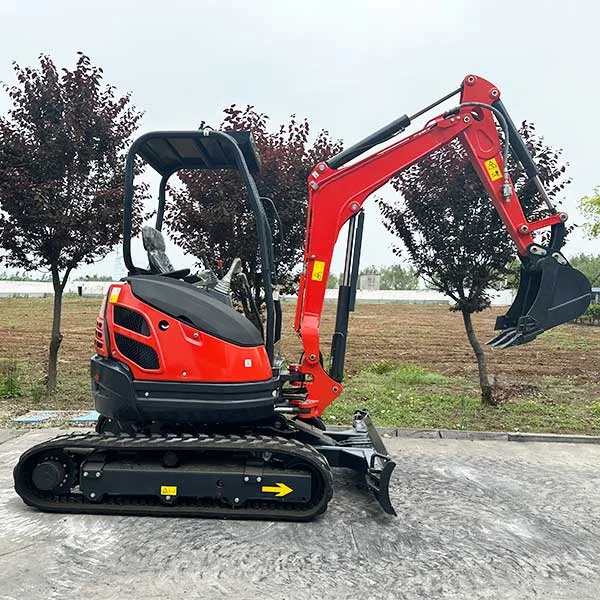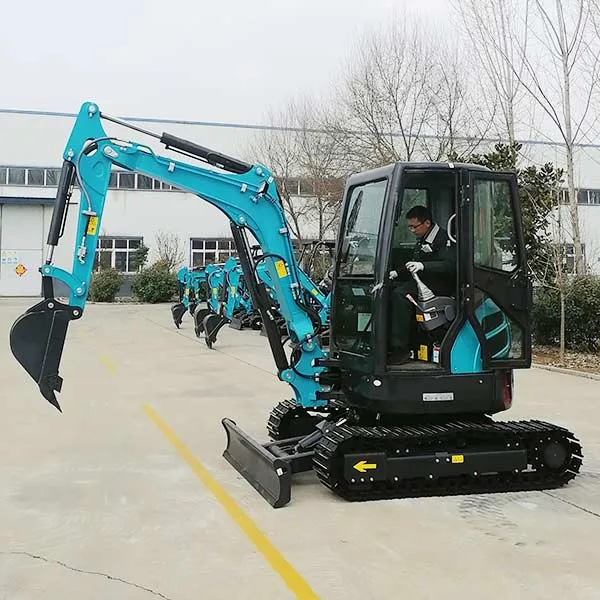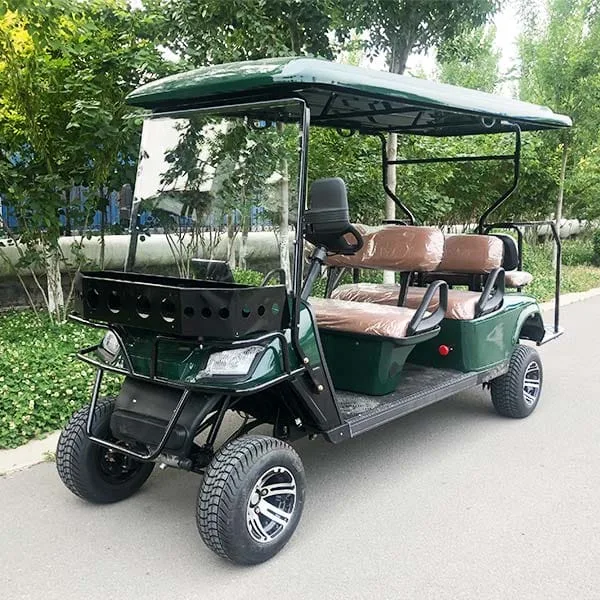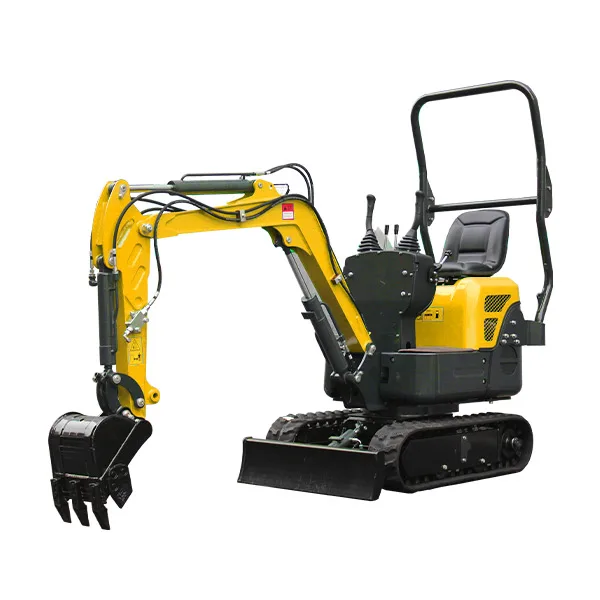In today’s fast-paced world of modern agriculture, machinery plays a crucial role in boosting productivity and efficiency. Whether you own a small farm or run a large-scale agricultural operation, choosing the right agricultural equipment is essential for ensuring smooth operations, cost-effectiveness, and long-term success. But with so many types of machinery available, how do you select the one that fits your unique needs?
In this guide, we’ll walk you through the process of choosing the right agricultural equipment for your business. From analyzing your needs and evaluating performance to budget considerations and after-sales service, this article will help you make an informed decision.
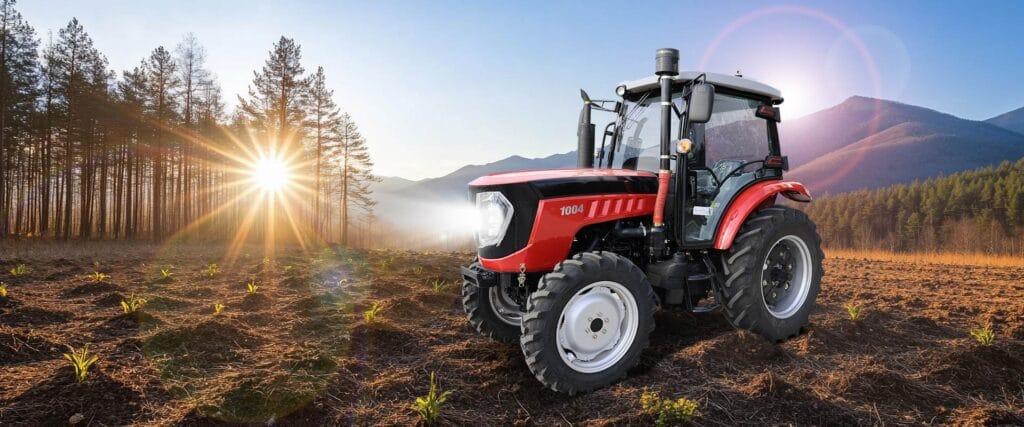
Welcome to My Blog!
Before we dive into the content, I’d love for you to join me on my social media platforms, where I share more insights, engage with the community, and post updates. Here’s how you can connect with me:
Facebook: https://www.facebook.com/profile.php?id=100087112105480
Now, let’s get started on our journey together. I hope you find the content here insightful, engaging, and valuable.
Table of Contents
Understand Your Agricultural Needs
The first step in selecting agricultural equipment is understanding your specific needs. Different machinery is designed for different tasks, and selecting the right machine depends on your farming requirements. Here are some factors to consider:
| Factor | Considerations | Recommended Equipment |
|---|---|---|
| Crop Type | What type of crops do you grow? Some crops require specialized machinery. | Rice: Paddy Tractors, Wheat: Combine Harvesters, Corn: Planters |
| Farm Size | The size of your farm determines the scale of equipment you need. | Small Farm: Compact Tractors, Large Farm: High-Power Tractors |
| Soil Type | Different soils may require different types of machinery, such as tilling depth or power. | Sandy Soil: Light Tractors, Clay Soil: Heavy-Duty Tractors |
| Seasonal Needs | Are your crops seasonal or year-round? Seasonal needs may require different types of machinery. | Seasonal: Combine Harvesters, Year-Round: General-purpose Tractors |
Evaluate Equipment Performance and Features
Once you’ve identified your needs, it’s important to assess the performance and specifications of the machinery you’re considering. Here are some key aspects to look at:
| Feature | What to Look For | Why It’s Important |
|---|---|---|
| Power and Efficiency | Check horsepower (HP), fuel efficiency, and overall power-to-weight ratio. | More power leads to greater efficiency, reducing operating time and fuel costs. |
| Technological Features | Look for features like GPS navigation, automatic guidance, and precision planting. | Enhances precision, reduces labor, and boosts overall productivity. |
| Durability and Build Quality | Choose equipment with robust materials and solid build quality. | Ensures longevity and reduces the frequency of breakdowns. |
Make sure that the machinery you’re considering has the features that will enhance your work processes and help you achieve your desired results.
Budget and Cost Considerations
When it comes to purchasing agricultural machinery, managing your budget effectively is crucial. Equipment prices can vary greatly depending on the size, power, and technology incorporated into the machinery. Here’s how you can approach your budget:
| Cost Factor | Considerations | Tips to Manage |
|---|---|---|
| Initial Purchase Price | Machinery costs can vary from affordable to high-end models. | Look for equipment with good performance at a reasonable price point. |
| Operating Costs | Factor in fuel efficiency, repair/maintenance costs, and operating speed. | Choose energy-efficient machinery to lower long-term costs. |
| Maintenance | Different machines have different maintenance needs (frequency and cost). | Select brands known for reliable service and easy-to-repair machines. |
By carefully considering both the upfront and long-term costs, you can find a machine that fits both your financial situation and operational needs.
Brand Reputation and After-Sales Service
It’s crucial to choose agricultural equipment from reputable brands that offer strong after-sales support. High-quality equipment will last longer and perform better, but what happens if something goes wrong? That’s where after-sales service comes into play. Key considerations include:
| Aspect | What to Look For | Why It Matters |
|---|---|---|
| Brand Reputation | Research well-established brands with a history of producing high-quality equipment. | Reliable brands provide long-lasting equipment and consistent performance. |
| After-Sales Service | Availability of service centers, warranty length, and spare parts access. | Ensures quick repairs, reduces downtime, and lowers maintenance costs. |
Good after-sales service can ensure that your investment in machinery pays off for many years.

Environmental Impact and Sustainability
As environmental concerns continue to grow, choosing machinery that is environmentally friendly and energy-efficient is becoming more important. Sustainable agricultural equipment can help you comply with regulations and contribute to reducing the carbon footprint of your farm.
| Factor | Considerations | Benefits of Sustainable Machinery |
|---|---|---|
| Emission Levels | Look for low-emission or zero-emission equipment. | Reduces environmental pollution and helps comply with regulations. |
| Fuel Efficiency | Choose machines with better fuel consumption ratios. | Lowers operating costs while reducing carbon footprint. |
| Eco-Friendly Materials | Some equipment is made with recyclable or biodegradable materials. | Contributes to sustainability and may improve your business’s image. |
Sustainability should be a key consideration, not just for regulatory reasons but also as part of your long-term business strategy.
Conclusion
Choosing the right agricultural equipment is a decision that will have a significant impact on your farm’s efficiency, productivity, and profitability. By thoroughly understanding your farming needs, evaluating the performance of various machines, managing your budget wisely, and considering brand reputation and environmental factors, you can make an informed purchase that will benefit your operation for years to come.
Remember, agricultural machinery is an investment. When chosen correctly, it can improve efficiency, reduce operational costs, and increase profits. Take the time to research and select the right equipment, and you’ll be setting yourself up for success.
FAQ
What factors should I consider when buying agricultural equipment?
The main factors to consider when purchasing agricultural machinery include the type of crops you grow, the size of your farm, the soil conditions, your seasonal needs, your budget, and the performance features of the equipment. Always assess the equipment’s power, fuel efficiency, technological features, and brand reputation before making a decision.
How do I know if the agricultural equipment is energy-efficient?
Look for machinery with lower fuel consumption rates, advanced engines that reduce emissions, and models specifically marketed as energy-efficient. Checking reviews and technical specifications for fuel consumption and emissions can help you assess efficiency.
Should I buy new or used agricultural machinery?
Buying new equipment guarantees you the latest technology, longer warranties, and minimal maintenance needs. However, it comes at a higher price. Used machinery can be more affordable but may require more frequent repairs. Consider your budget, the condition of used equipment, and the potential repair costs before deciding.
How do I maintain my agricultural equipment to maximize its lifespan?
Regular maintenance is key to extending the lifespan of your equipment. Follow the manufacturer’s maintenance schedule, check oil and fluids regularly, and ensure all moving parts are lubricated. Keep the equipment clean to prevent dust and debris buildup, and address minor issues before they turn into costly repairs.


